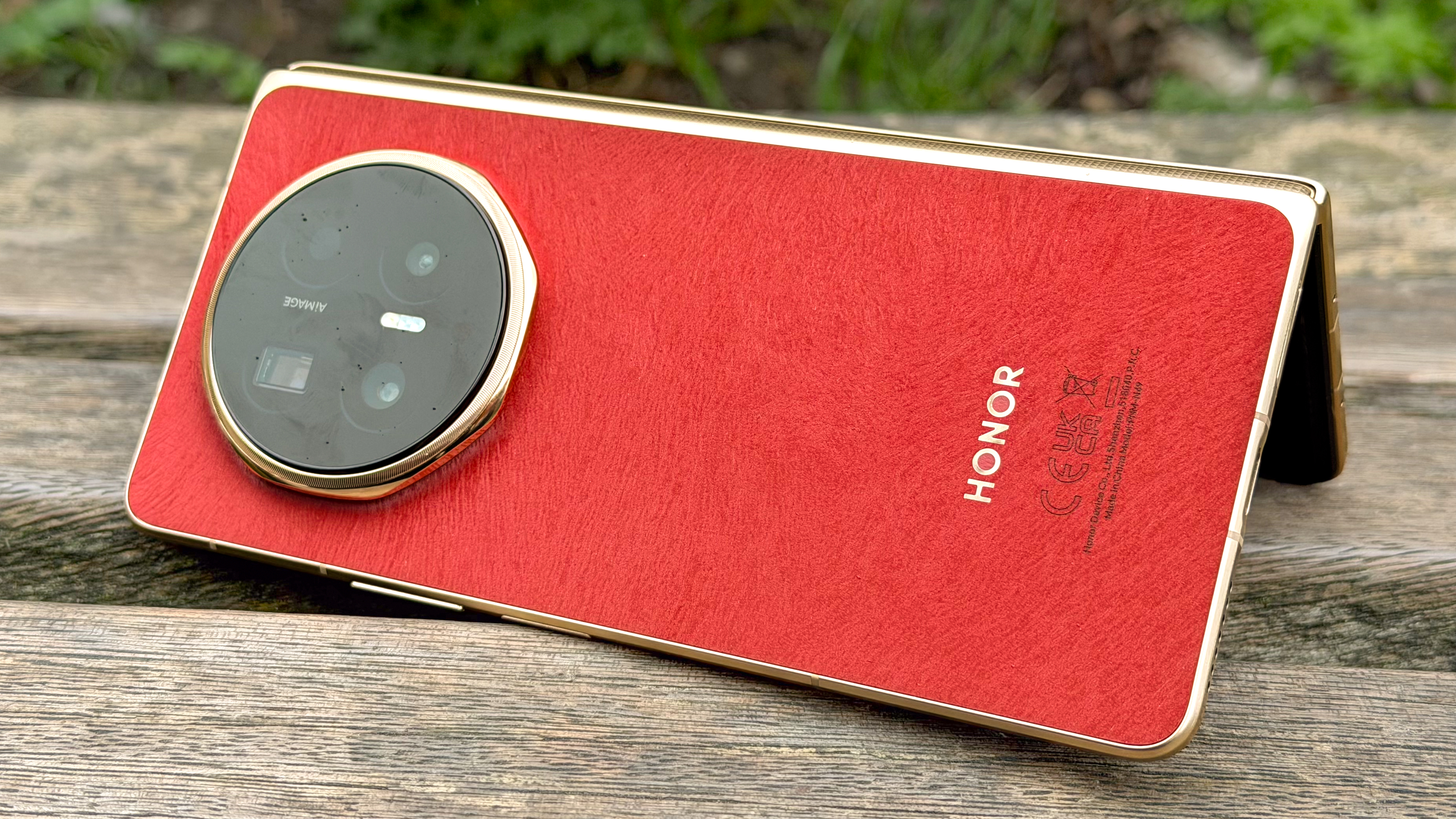iPhone's satellite connectivity could be in trouble — here's why
Trouble from Musk and Apple's own executives
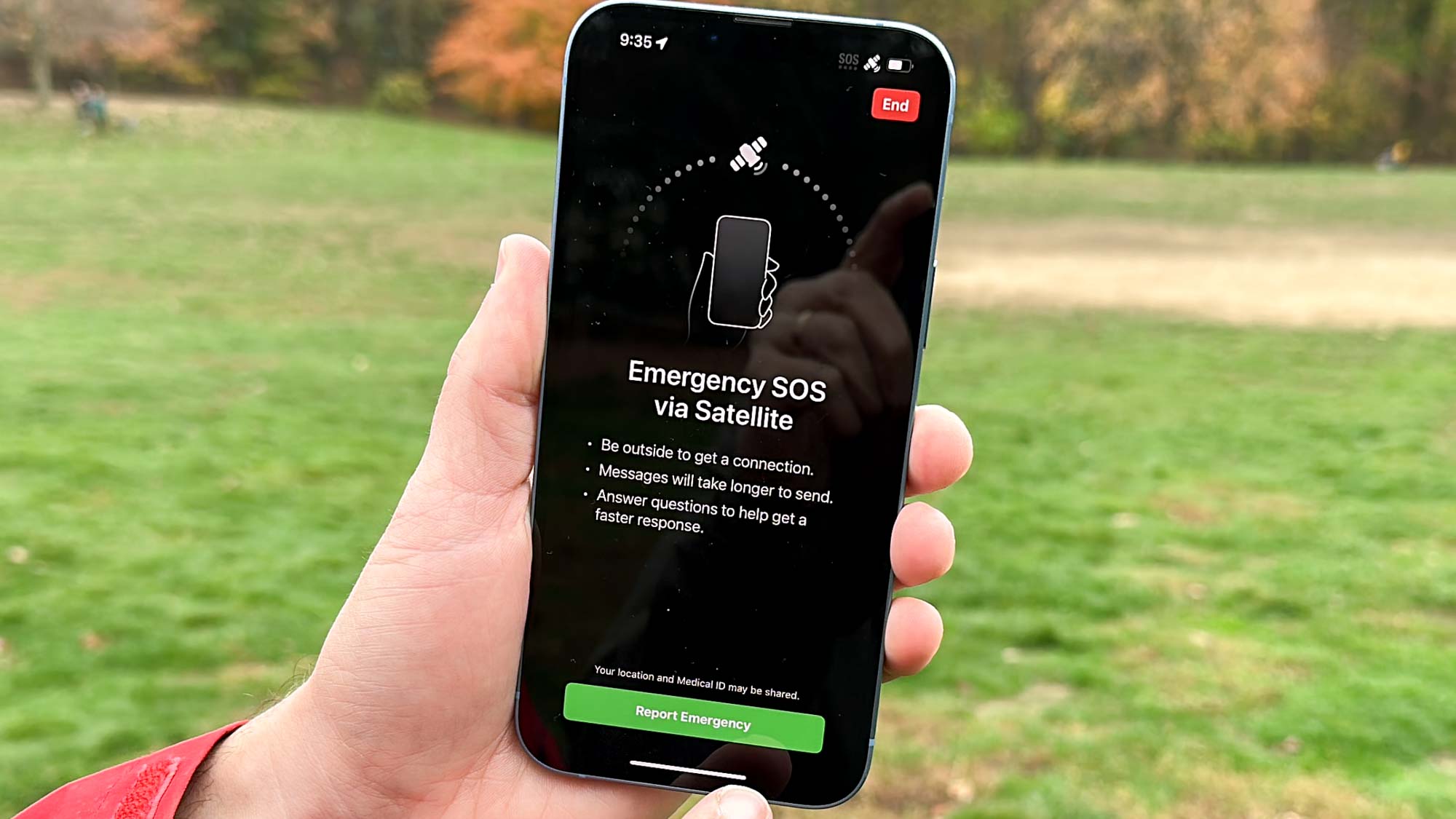
Here at Tom’s Guide our expert editors are committed to bringing you the best news, reviews and guides to help you stay informed and ahead of the curve!
You are now subscribed
Your newsletter sign-up was successful
Want to add more newsletters?
Join the club
Get full access to premium articles, exclusive features and a growing list of member rewards.
Satellite connectivity is arguably one of the most important features Apple and other phone makers have added in recent years. As good as cell signal is, it isn't possible to cover every square inch of the planet — so if you're in trouble out in the sticks, the satellite means you can call for help.
But Apple may be facing some problems in this department, according to a new report from The Information. Not only is its satellite connectivity business much smaller than originally envisioned, but it may also be facing issues from various internal and outside parties.
That includes SpaceX and Starlink, the companies controlled by Elon Musk. Even Apple executives have reportedly turned against the project. Here's what we know.
SpaceX wanted in on Apple's satellite ambitions
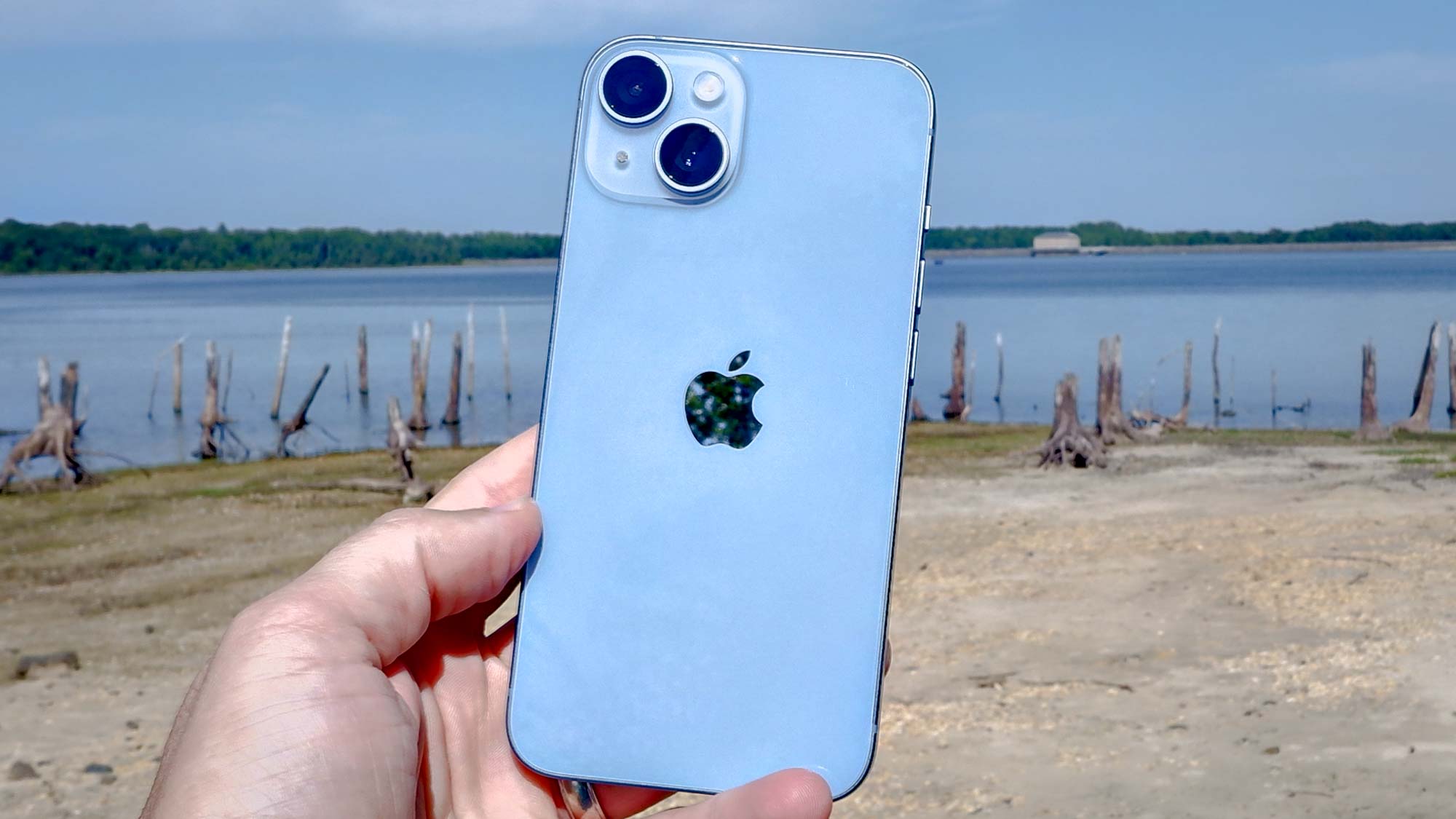
According to the report, back in 2022 SpaceX CEO Elon Musk approached Apple with an offer. Rather than partnering with Globalstar, which allowed iPhones to send emergency messages and calls via satellite, Musk instead wanted Starlink's internet service to take that role.
Apparently the pitch was that SpaceX would be the exclusive satellite connectivity provider for 18 months, with Apple paying $5 billion up front. Following that, Musk wanted Apple to pay $1 billion a year to grant Starlink access on iPhones. To top it off, he gave Apple 72 hours to decide, and threatened to launch his own iPhone satellite feature if Apple turned him down.
Apple rejected that offer, at which point Musk announced a Starlink partnership with T-Mobile. It essentially offered the same thing, with emergency texting and calls via Starlink, but revealed a month before the iPhone 14 launch event.
Apple's satellite options could have been a lot better
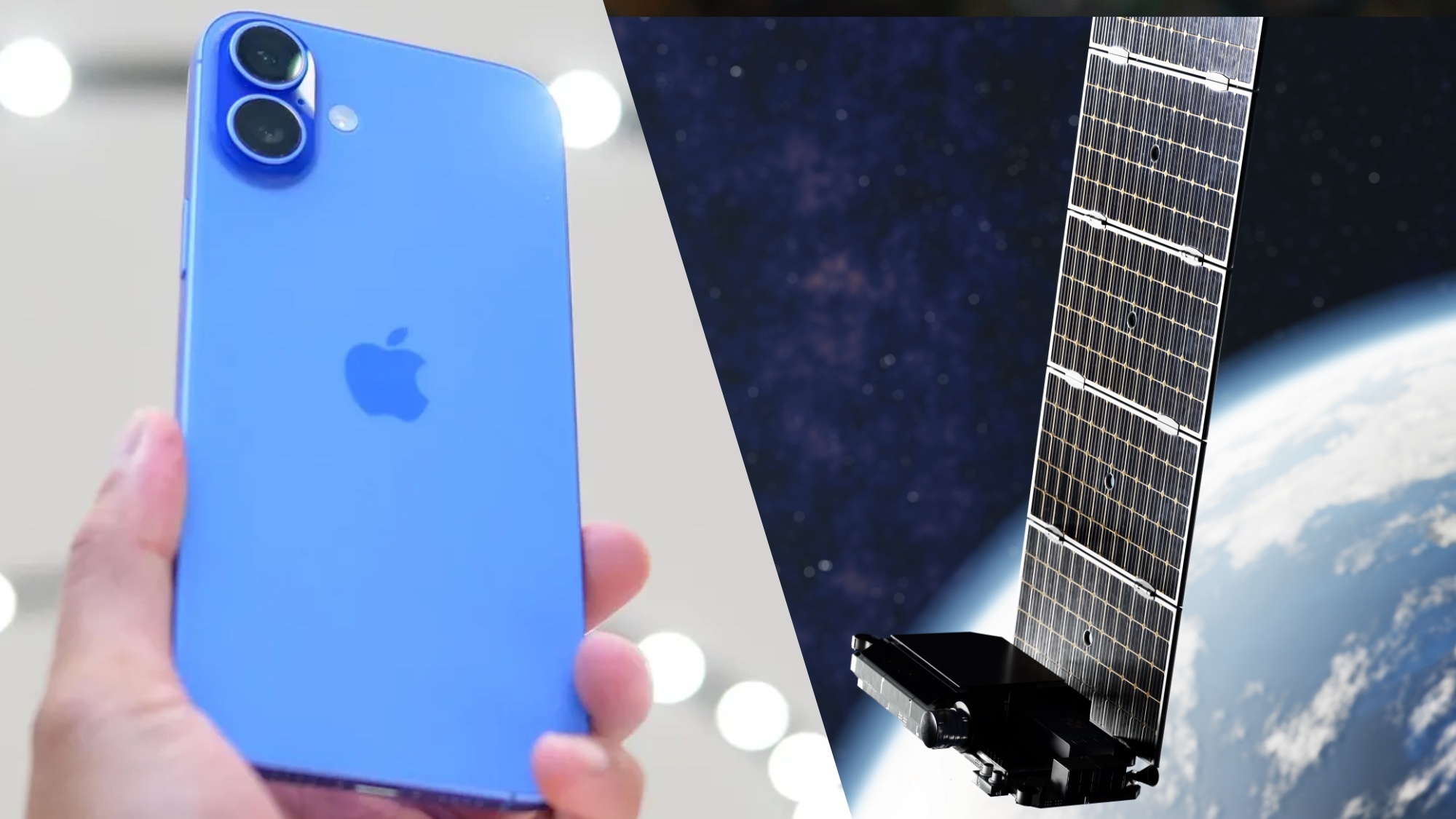
The Information notes that Apple's original satellite ambitions involved partnering with Boeing to offer full satellite-based internet — not just emergency communications. This would essentially work like Starlink does now, beaming internet to iPhones and separate antennas that people can use at home. The general idea being that if Apple operated its own network, it didn't have to rely on phone carriers.
Get instant access to breaking news, the hottest reviews, great deals and helpful tips.
Apple did eventually back down, with CEO Tim Cook expressing concern it could affect the company's relationship with the telecoms industry. Other people inside Apple were worried that it could push Apple too far in the direction of being a telecoms provider, which would expose it to even more government regulation.
While those plans were briefly resurrected in 2023, following the launch of the Emergency SOS via satellite feature, Apple again backed off. Again this was due to not wanting to upset telecoms partners, but also potentially due to cost concerns.
As for the threat of regulation, advisers recommended Apple pass ownership of all equipment to Globastar to avoid the issue entirely. Though there's no telling what might happen if Apple ever tries to expand those features, especially since SpaceX CEO Elon Musk has such close ties with the Trump administration.
SpaceX could make things harder for Apple (and others)
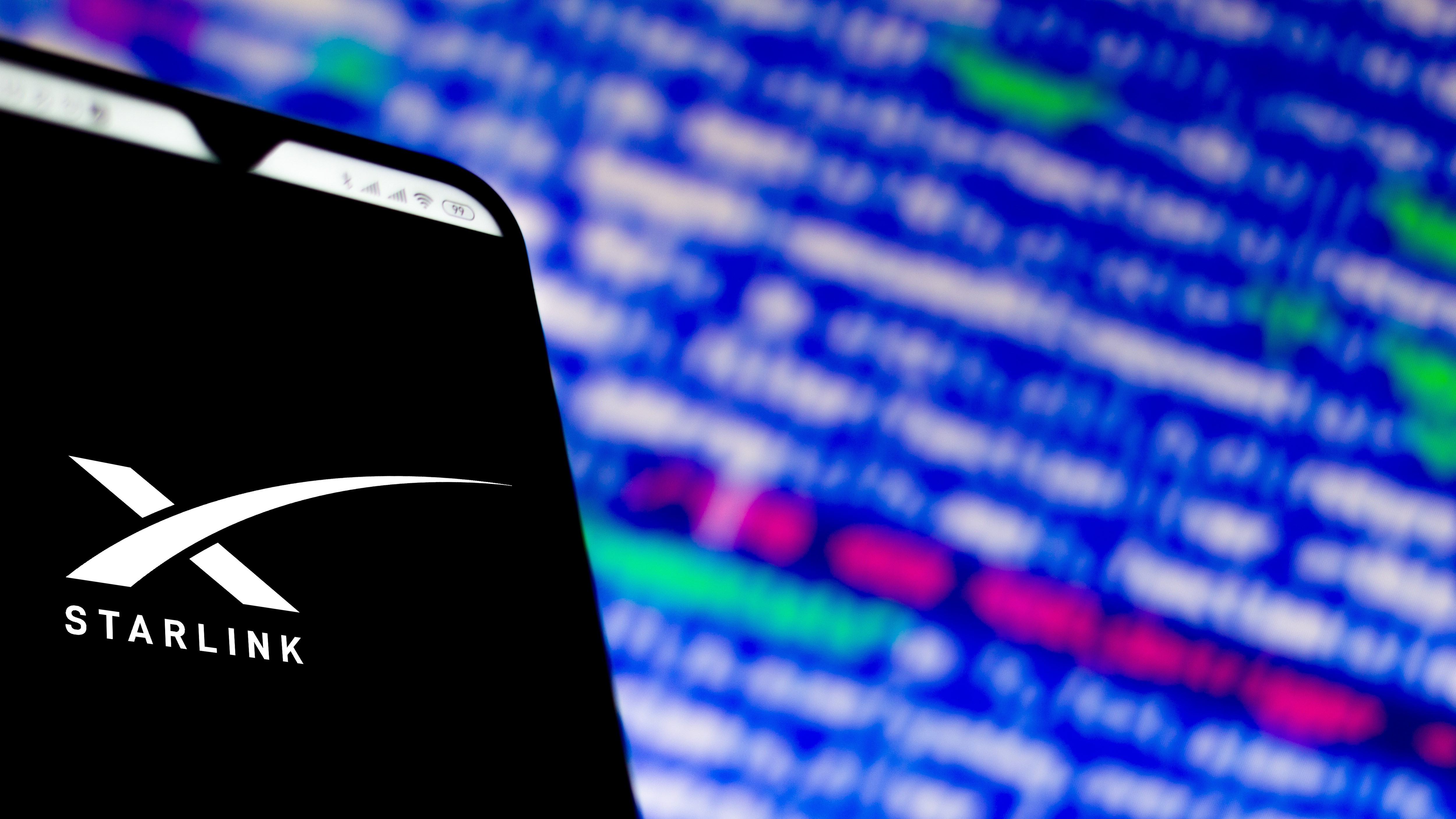
The report also notes that SpaceX does seem to have been making it harder for Apple's satellite business to operate properly.
Back in 2023 the company filed a grievance with the FCC, objecting Globalstar's application to launch new satellites. In it, SpaceX accused the company of essentially squatting on the spectrum it controls — and locking out potential competition in the process. Apple was namedropped in this filing, reportedly annoying Apple executives who wanted the company to keep its distance from the situation.
Without Globalstar, Apple's satellite communication features would be completely useless until the company can find another partner. Google would also be in the same boat, since the emergency satellite system on Pixel phones also utilizes Globalstar's network.
Apple and SpaceX have also clashed over the issue of supporting Starlink via T-Mobile. Musk has reportedly asked Apple to support the feature on a "broad range of its iPhone models," though Apple was apparently reluctant to do it on anything older than iPhone 13. However it seems to have relented somewhat, since iPhone 13 will be capable of sending satellite messages on T-Mobile after it launches in July.
Plus, since Starlink is offering that service, many voices in Apple have questioned the viability of offering the service if carriers can instead add their own satellite connectivity features. Which, I understand, though considering T-Mobile is the only satellite provider Apple supports right now it's all kind of moot.
It wouldn't be a good look for Apple to remove a potentially-life-saving feature, even if it means people have to start paying for it.
More from Tom's Guide
- Qualcomm-funded study shows that Apple's C1 modem is slower — but there's a catch
- Apple could announce new dedicated gaming app at WWDC 2025 — here’s what we know
- iOS 19 could take all the pain out of transferring an eSIM to Android — here's how

Tom is the Tom's Guide's UK Phones Editor, tackling the latest smartphone news and vocally expressing his opinions about upcoming features or changes. It's long way from his days as editor of Gizmodo UK, when pretty much everything was on the table. He’s usually found trying to squeeze another giant Lego set onto the shelf, draining very large cups of coffee, or complaining about how terrible his Smart TV is.
You must confirm your public display name before commenting
Please logout and then login again, you will then be prompted to enter your display name.
 Club Benefits
Club Benefits










